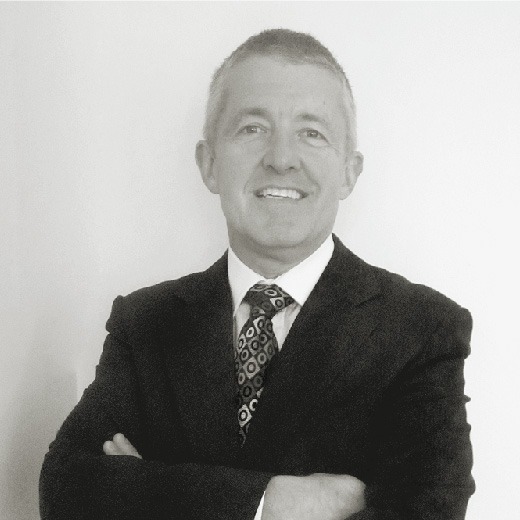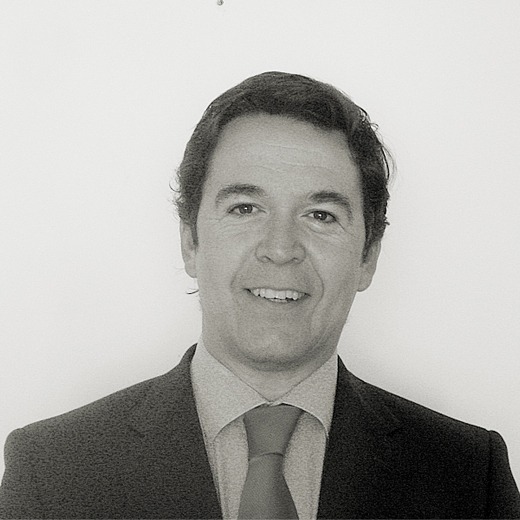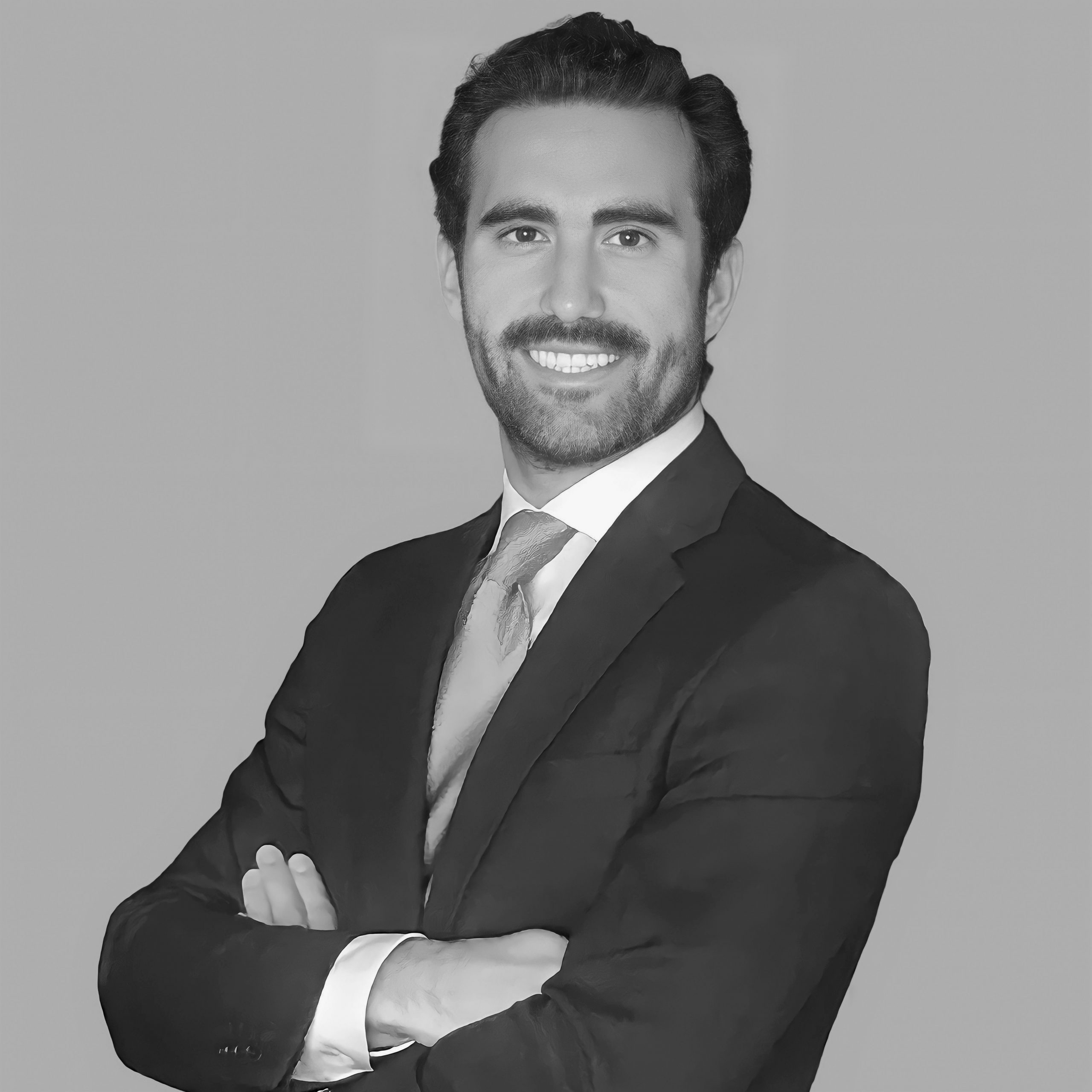A Cultural Voyage to Alexander Hughes
posted in
Insights from our consultants
on
October 4, 2021
Company culture can be described as the shared ethos of an organisation. It is the way people feel about the work they do, the values they believe in, where they see the company going and what they are doing to get it there. Collectively, these traits represent the personality, or culture, of an organisation.










